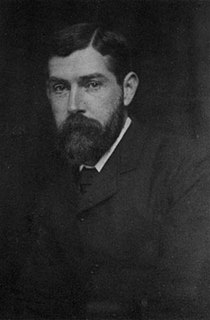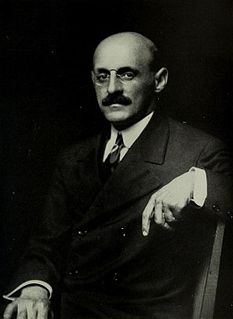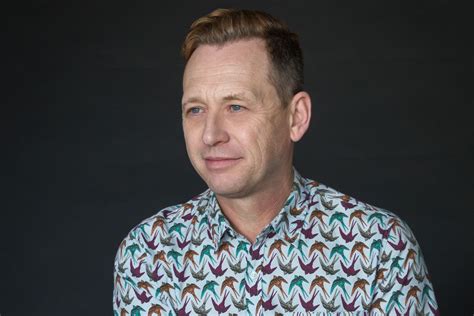A Quote by Wendell Berry
One cannot be aware both of the history of Christian war and of the contents of the gospels without feeling that something is amiss.
Related Quotes
The trouble with Christianity was that by about 150, there were hardly any Jews left in the Christian church, and so from that time until the last part of the twentieth century, the only people reading the gospels and interpreting the gospels and writing commentaries on the gospels were gentiles who were simply ignorant of the Jewish background, and I just thought they were prejudiced.
A person is alive only to the degree that he or she is aware. To make the most of life we must constantly strive to be aware of the importance of being aware. Be aware of your senses and use them: So often we are distracted and unconscious of the riches our senses can pour into our lives. We eat food without tasting it, listen to music without hearing it, smell without experiencing the pungency of odors and the delicacy of perfumes, touch without feeling the grain or texture, and see without appreciating the beauty around us.
I believe the world, and particularly the Judeo-Christian West, is in a crisis. And it is a crisis of - both of capitalism, but really of the underpinnings of the Judeo-Christian West and our beliefs. We are in an outright war against jihadists, Islam, Islamic fascism. And this war is, I think, metastasizing almost far quicker than governments can handle it.
Music expresses feeling, that is to say, gives shape and habitation to feeling, not in space but in time. To the extent that music has a history that is more than a history of its formal evolution, our feelings must have a history too. Perhaps certain qualities of feeling that found expression in music can be recorded by being notated on paper, have become so remote that we can no longer inhabit them as feelings, can get a grasp of them only after long training in the history and philosophy of music, the philosophical history of music, the history of music as a history of the feeling soul.
The World War I, I'm a child of World War I. And I really know about the children of war. Because both my parents were both badly damaged by the war. My father, physically, and both mentally and emotionally. So, I know exactly what it's like to be brought up in an atmosphere of a continual harping on the war.
There is no Christian Gospel if history simply unwinds into a meaningless puddle, if the cosmos simply escapes into a cataclysmic black hole, or if the universe finally dies of exhausted energy. Without belief in a biblical eschatology, there is no Christian hope. Without a sense of perfect moral judgment in the end, the human heart is homeless.
During the actual filming, I’m not really listening to dialogue. I’m watching to see if the actors are communicating something and expressing something. I’m just watching a conversation. You’re not aware of exactly what people are saying. You are aware of what they are INTENDING and what kind of feeling is going on in that scene.







































